Killer Mike calls for protection of Black art amid Young Thug and Gunna indictment
The rapper told "GMA" rap music is criminalized in courtrooms across America.
Atlanta rappers Young Thug and Gunna were hit with gang-related charges in a case that sent shock waves through the music industry and spotlighted the controversial use of rap lyrics as evidence in court.
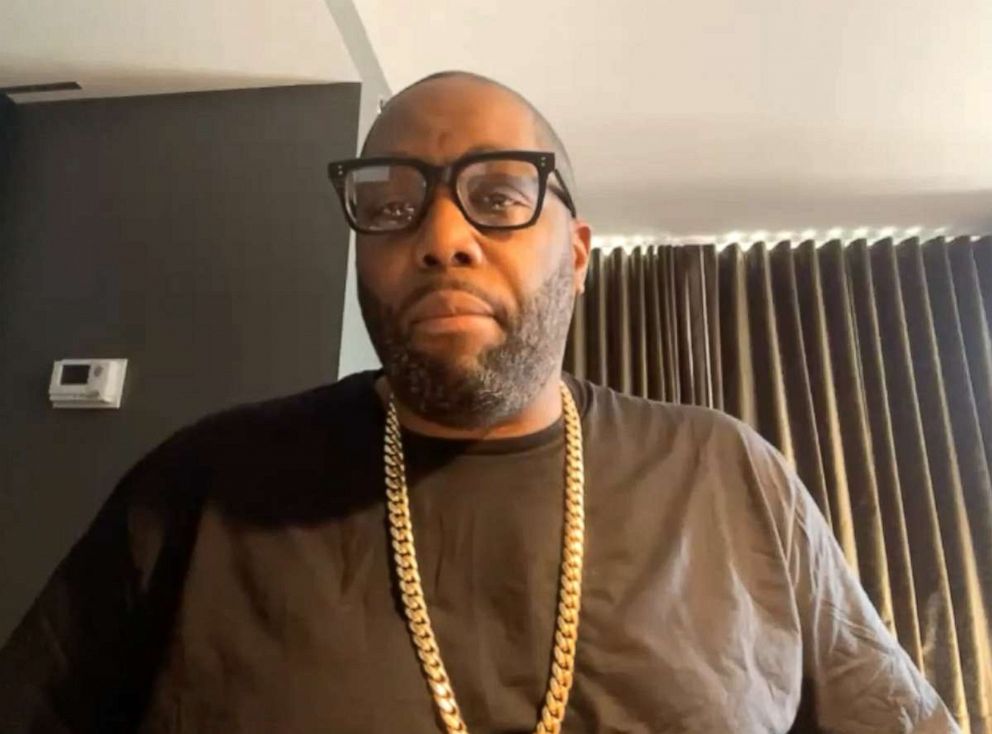
"[Young Thug] came out of a very desperate situation," Atlanta rapper and activist Killer Mike told "Good Morning America."
"The side of town he comes from -- Cleveland Avenue, southeast Atlanta -- has been wrought with poverty forever … he managed to escape the streets using rap lyrics, and he's managed to help people change their lives."
But now some of those lyrics have been named in a sweeping 56-count grand jury indictment in Fulton County, Georgia.
Young Thug, whose legal name is Jeffrey Williams, and Gunna, who name is Sergio Kitchens, were each charged with one count of conspiring to violate the state's Racketeer Influenced and Corrupt Organizations (RICO) act and have entered not guilty pleas.
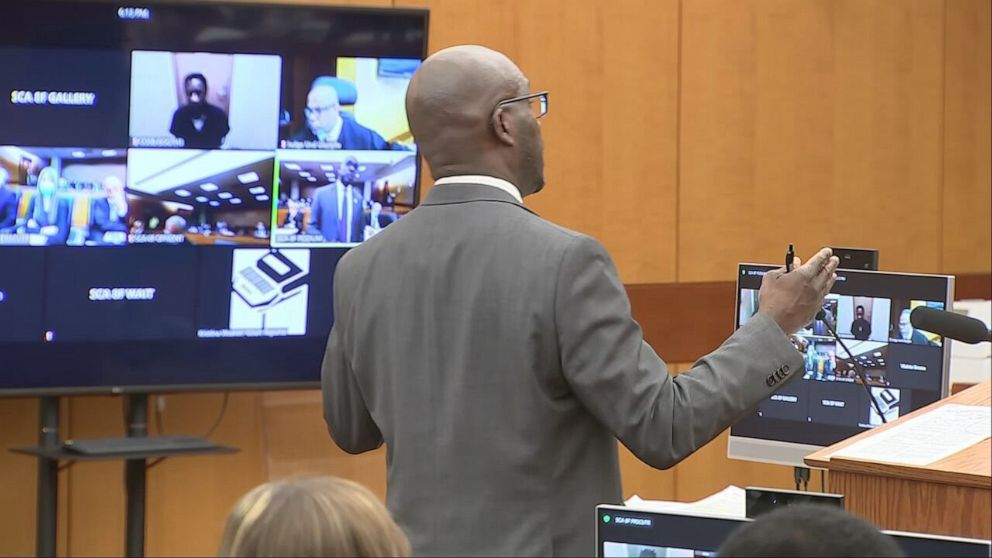
Young Thug is also charged with an additional count of participating in street gang activity, according to charging documents obtained by ABC News.
Top music executives launched a Change.org petition this week, calling for the protection of Black art and legislation that addresses the criminalization of rap lyrics.
"Today in courtrooms across America, Black creativity and artistry is being criminalized," wrote 300 Entertainment CEO Kevin Liles. "With increasing and troubling frequency, prosecutors are attempting to use rap lyrics as confessions. This practice isn't just a violation of First Amendment protections for speech and creative expression. It punishes already marginalized communities and silences their stories of family, struggle, survival, and triumph."
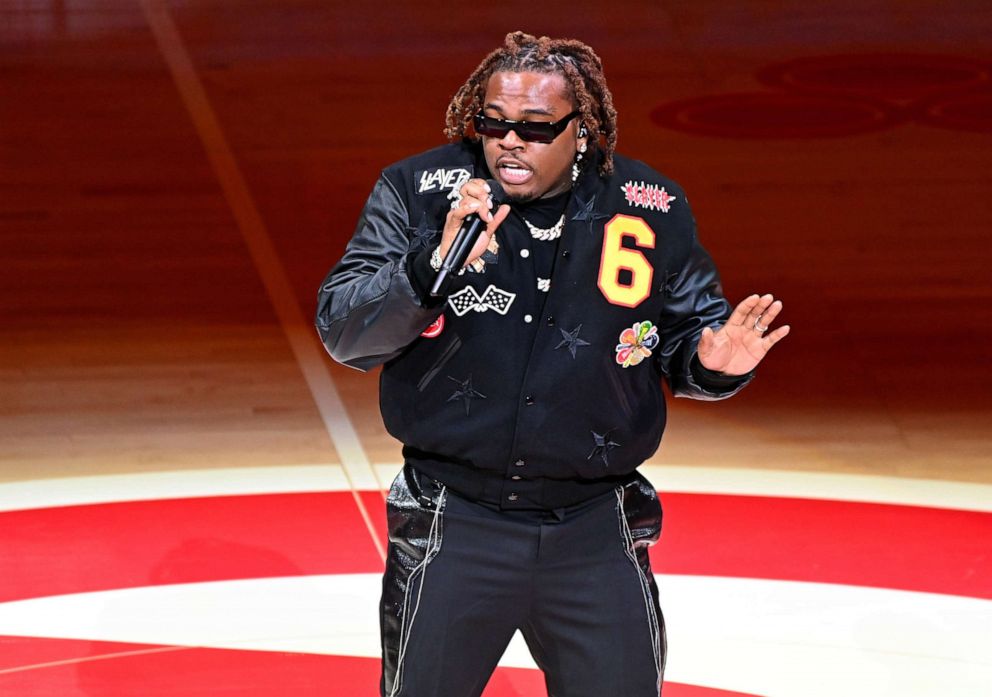
Killer Mike, whose real name is Michael Render, is a longtime advocate against the use of rap lyrics in court. He said it's important to remember that hip-hop is a form of entertainment and artists are performers who play characters.
"Young Thug -- that's a character that Jeffrey Williams created … but Jeffrey Williams is a father," he said. "He's a human being that's capable of love, care and compassion."
Erik Nielson, the author of "Rap on Trial," told "GMA" he has advised and testified in close to 100 cases around the country in which rap lyrics were used as evidence in court -- a practice that often targets amateur local rappers.
"I was surprised that prosecutors were brazen enough to go after somebody as well known as Young Thug," Nielson said." "But I was also surprised at the extent to which lyrics seem to be part of the prosecution as part of their early argument that he is involved in criminal activity." .
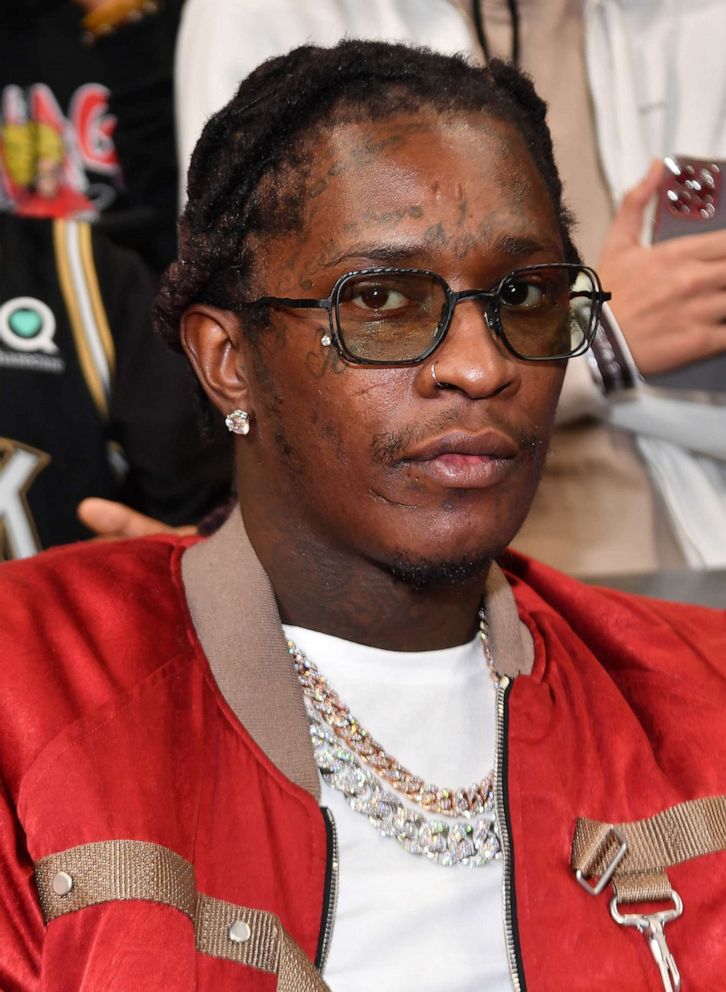
Young Thug was among 28 people listed allegedly associated with the Atlanta-based Young Slime Life (YSL) gang, which authorities say he co-founded in 2012. YSL is also the name of Young Thug's record label, Young Stoner Life, to which Gunna is also signed. It is an imprint of 300 Entertainment and is not named in the indictment.
Court documents detail instances where individuals allegedly associated with the YSL gang wore or displayed symbols of "YSL" in music videos posted on social media between 2016 and 2021 and rapped lyrics that mention "YSL" and/or various descriptions of criminal activity.
"These lyrics are no more than braggadocio rap lyrics," Killer Mike said. "It is no more than Killer Mike saying I'm a killer on the mic."
Prosecutors allege that YSL is responsible for three murders, including the 2015 killing of Donovan Thomas -- an incident that they claimed "triggered" additional gang-related killings in the city.
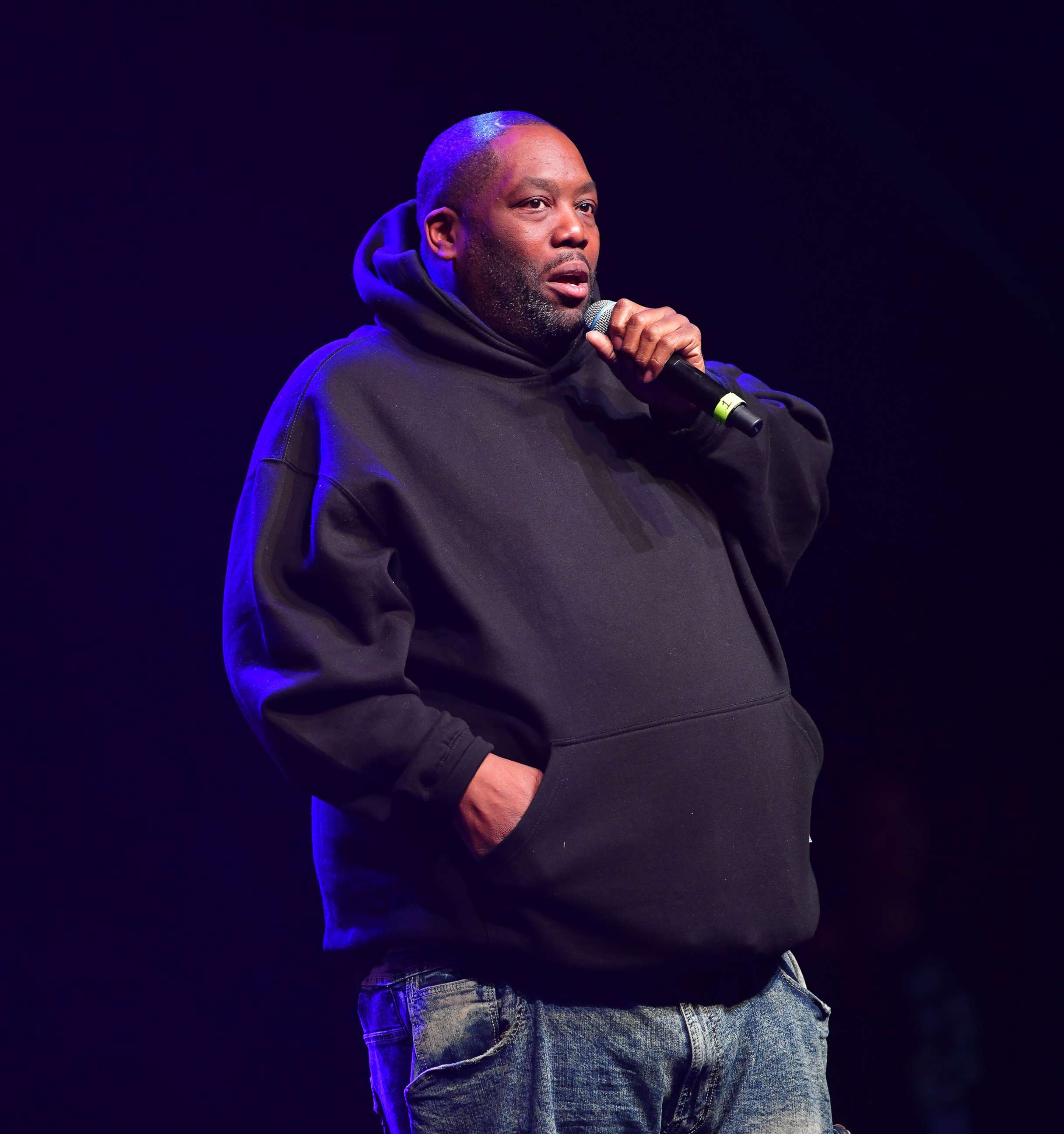
Young Thug, a Grammy-winning rapper, is accused of various crimes, including theft and possession of illicit drugs with intent to distribute.
"Mr. Williams has committed no violation of law, whatsoever. We will fight this case ethically, legally and zealously. Mr. Williams will be cleared," Young Thug's attorney Brian Steel told ABC News.
"Mr. Sergio Kitchens, known as Gunna, is innocent. The indictment falsely portrays his music as part of criminal conspiracy," the rapper's attorneys, Steve Sadow and Don Samuel, told ABC News.
"It is intensely problematic that the State relies on song lyrics as part of its allegations. These lyrics are an artist's creative expression and not a literal recounting of facts and circumstances," the attorneys said in a court filing obtained by ABC News.
Fulton County District Attorney Fani Willis defended including the lyrics in the indictment.
"The First Amendment does not protect people from prosecutors using [lyrics] as evidence," she said at a May 10 press conference when asked about First Amendment concerns. "We put it as overt within the RICO count because we believe that's exactly what it is." ABC News has reached out to the DA's office for further comment.
Nielson, a liberal arts professor at the University of Richmond, claims hip-hop music is the only genre that is targeted in courtrooms in this way.
"Rap music is the only fictional form -- musical or otherwise, that is targeted this way in the courts," Nielson said.
"It's absolutely racist," he added. "... essentially what's happening is rap music is being denied the status of art."
Killer Mike, who wrote the foreword to "Rap on Trial," said that targeting Black art speaks to the dehumanization of Black people in America.
"Hip hop is not respected as an art because Black people in this country are not recognized as full human beings," he said.
"... If we allow the courts to prosecute these men based on characters they created and stories of pretend that they tell in rhyme then next, they'll be at your door."
Young Thug and Gunna were both denied bond and their trials are set for January 2023.




